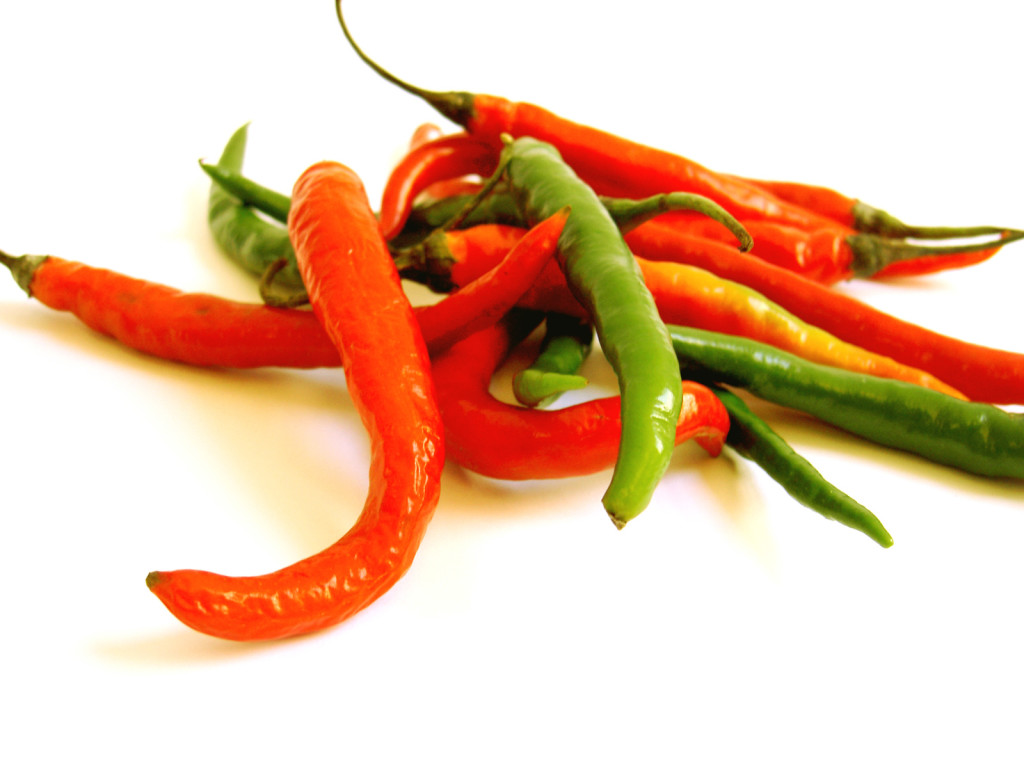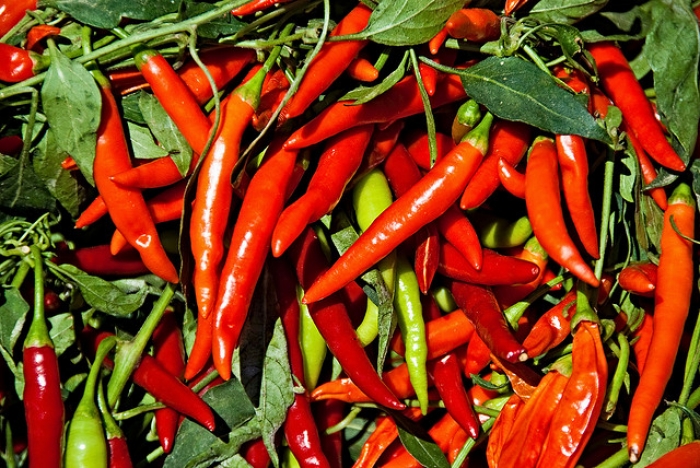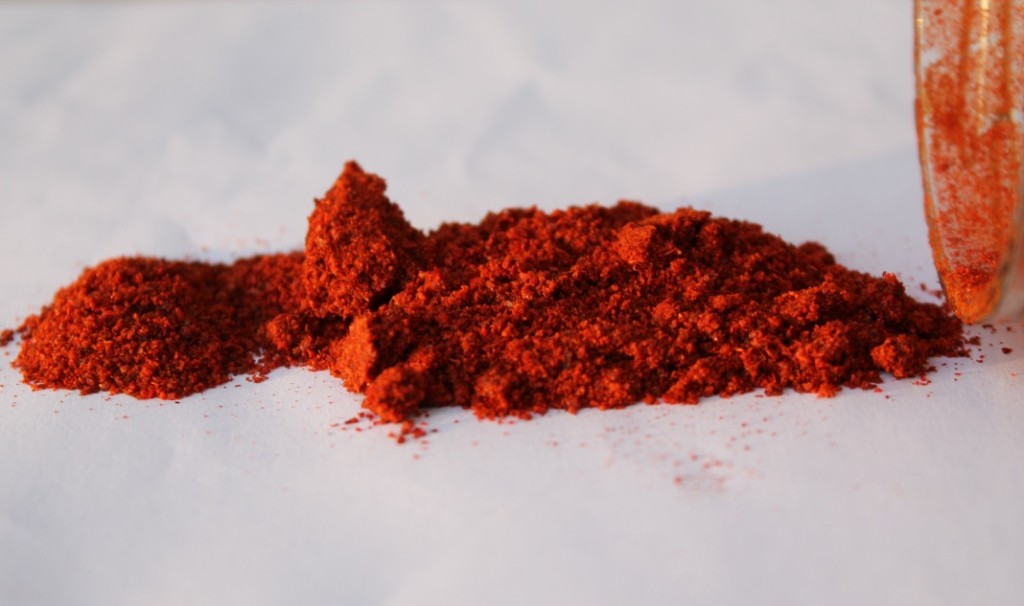Apparently, adding more spice to your food can add some more years to your life!
A research which has recently been published in the BMJ journal has found an association between the amount of spice in our food and our mortality rate.
Adding to a long list of researches which have linked spicy food to a longer life, this research was conducted among close to 500000 people and observed the participants for a time span of 7 years.
“There is accumulating evidence from mostly experimental research to show the benefit of spices or their active components on human health,” said Lu Qi, an associate professor at Harvard School of Public Health and co-author of the study.

Photo courtesy of pl.wikipedia.org
When the research began, the participants involved in the study were in the age-group of 30-79, and within the course of the research, around 20,000 of them died. Records of these people were then reviewed, and the researchers found that people who consumed spicy food 6 to 7 times a week had a 14% less chance of meeting an early death as compared to the others, and those who ate spicy food once or twice a week were 10% less likely to die during the study as compared to those who consumed it less than once in a week.
“Spicy food consumption showed highly consistent inverse associations with total mortality among both men and women after adjustment for other known or potential risk factors,” the research states.
The participants were asked various questions including the number of times they consumed spicy food in one week and the main sources of the spices they used. The broad categories for the latter included fresh chili pepper, dried chili pepper, chili sauce and chili oil.

Photo courtesy of John Krzesinski
No one can deny the fact that eating chilies does have a lot of health benefits.
Chilies are an excellent source of Vitamin A, B, C and E and also contain other minerals like molybdenum, potassium, manganese, copper, folate and thiamin. In fact, chilies contain 7 times more Vitamin C than oranges. Chilies act as antioxidants and detoxifiers by destroying free radicals in our body and helping in digestion of food. Chilies also stimulate the release of endorphins, which are natural painkillers.
The main component in chili is a bioactive chemical called Capsaicin, which is behind the intense heat sensation that chilli causes. Capsaicin boosts circulation, improves heart health, lowers blood sugar levels, heals intestinal problems, and protects against strokes. Chilies also help relieve sinus congestion, reduce your insulin levels and may also help in weight loss.

Photo by Aakanksha Joshi
The research does have a few limitations though, like not taking into account some variables that can be linked with eating spicy food. The editorial where the study was published cautions that the research is observational, and not definitive. A more detailed study needs to be carried out to find some solid evidence that can validate these results.
“Future research is needed to establish whether spicy food consumption has the potential to improve health and reduce mortality directly, or if it is merely a marker of other dietary and lifestyle factors,” said Nita Forouhi, a nutritional epidemiology expert from the University of Cambridge, in an editorial published along with the study in BMJ journal.
Meanwhile, those who love spicy food can rejoice and hope that scientific evidence to back this research is found soon.


